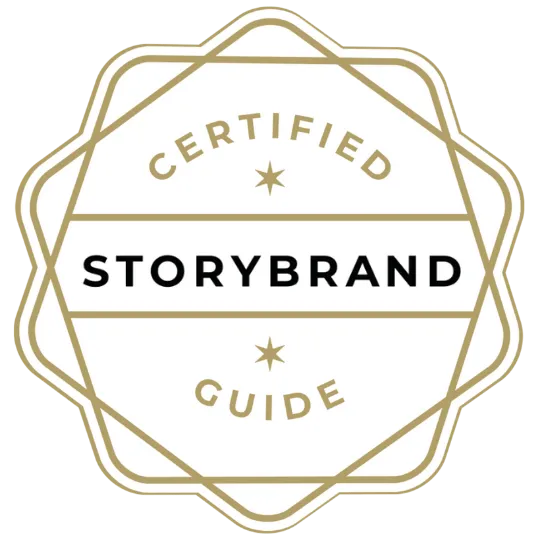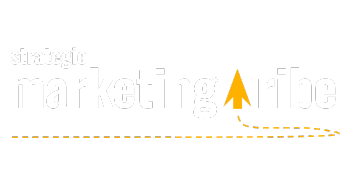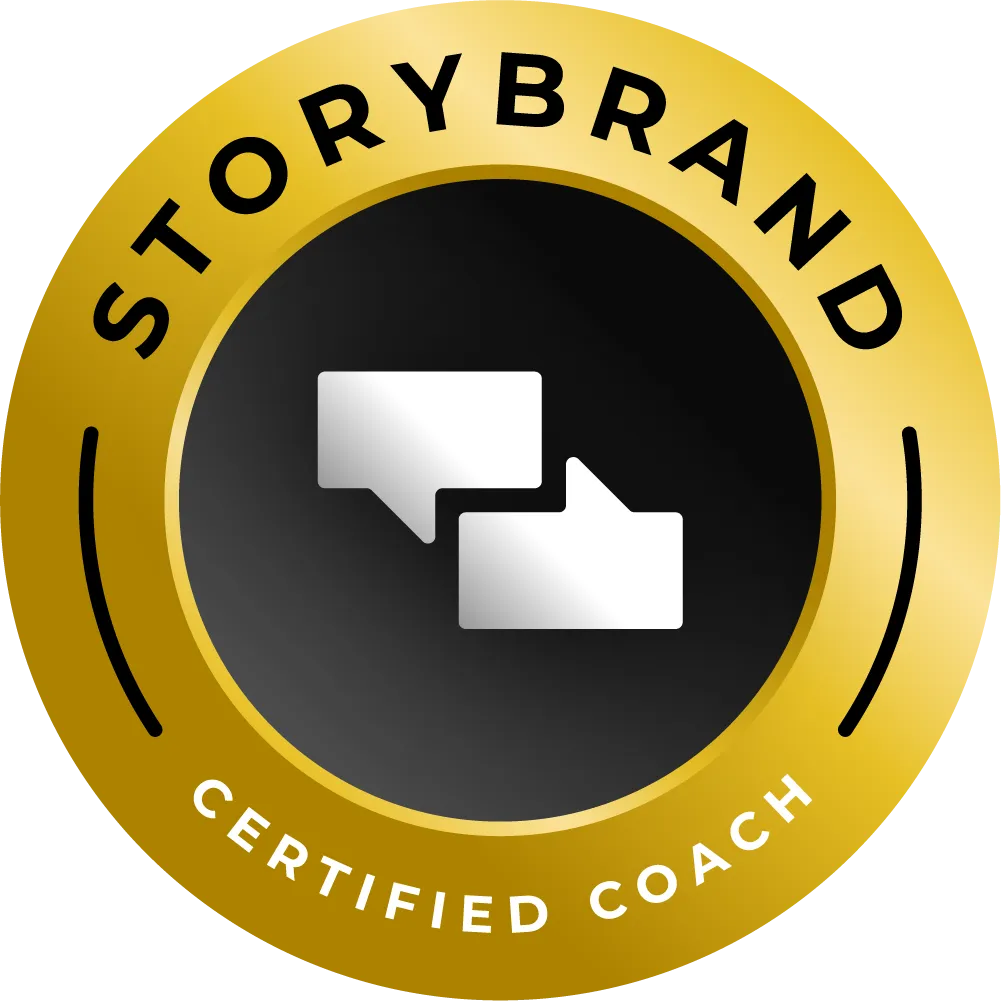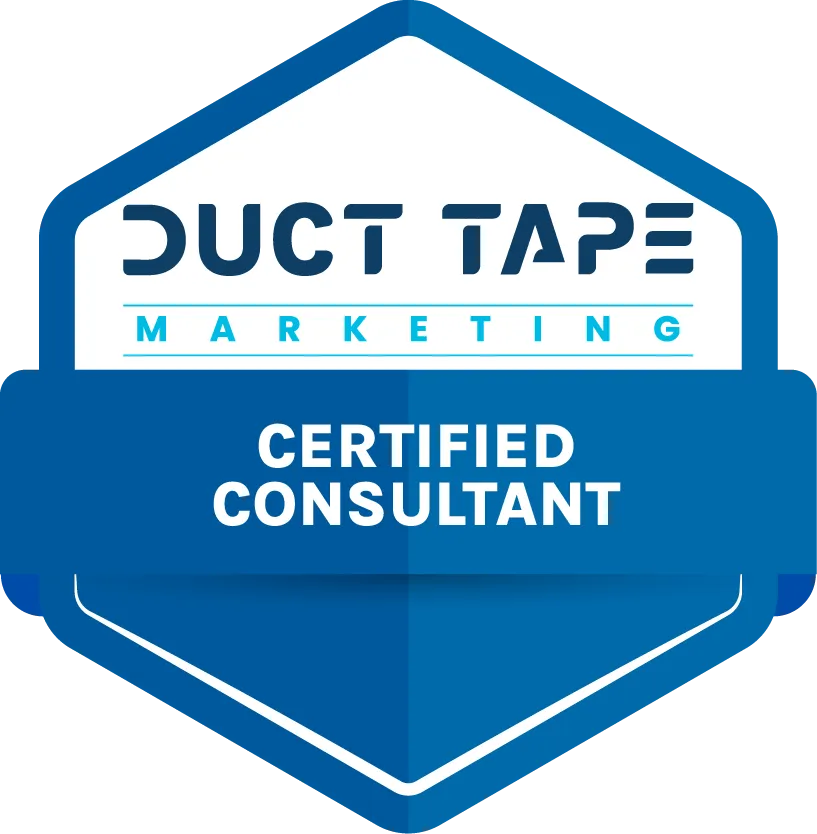NEWS, MEET STRATEGY
Real news, real insights – for small businesses who want to understand what’s happening and why it matters.

AI Ethics vs Progress: Should Small Brands Opt Out?
By Vicky Sidler | Published 28 July 2025 at 12:00 GMT
One of my clients—a fiercely independent musician—told me he doesn’t want AI anywhere near his brand.
No AI-enhanced images. No AI-assisted press releases. No AI-powered tools behind the scenes.
His reason?
Because much of this technology was trained on creative work without consent. And as a creator, he doesn’t want to benefit from what feels like theft.
I can’t argue with his logic. But I also can’t ignore how deeply embedded AI already is in how many of us do business today.
And that’s the tension.
TL;DR
AI tools have been trained on massive datasets, often without creators’ permission.
Some business owners and artists are pushing back, refusing to use AI out of principle.
Creative Commons is developing a new system—CC Signals—to help creators express how their work can (or can't) be used for AI.
As a marketer, I’m torn: I use AI. But I also care deeply about creator rights.
What should small businesses do when ethics and progress collide?
👉 Still believe clear messaging matters more than tools? Download the 5-Minute Marketing Fix to get your words right, whatever your tools.
It’s Complicated—And That’s the Point:
Most of us didn’t sign up to have our blogs, photos, or audio fed into machine learning models.
We were just… online. Publishing. Sharing.
Then one day, those posts started showing up as indistinct echoes inside a chatbot’s reply.
That’s the part that bugs me, too.
I get that Facebook and Google also harvest data. But at least I had to click “accept,” even if I only pretended to read the Terms and missed the part that they’d be milking my data for all its worth. I opted in regardless.
AI models didn’t offer that courtesy. They just took.
And now, millions of businesses—including mine—benefit from that scraped content. Without asking. Without even knowing who helped build the model we’re using.
It’s messy.
Enter Creative Commons—A New Pact for AI:
Creative Commons—the same group that built the open licensing tools many of us already rely on—is trying to do something about it.
They’re developing a new framework called CC Signals. It’s a simple way for creators to express whether their work can be used for AI training. Like a digital “do not touch” sign—or a welcome mat, if they choose.
The idea is simple:
✅ Consent matters.
✅ AI should grow the commons, not exploit it.
✅ The public domain and private creation need boundaries.
It’s not a magic fix, but it’s a thoughtful first step toward restoring some agency to creators.
But Back to My Musician Client…
Is he right to draw the line so firmly?
Maybe.
He doesn’t just feel it’s theft. He also doesn’t want to contribute to the very models that were trained without consent. He doesn’t want his work—or even his brand voice—feeding back into a system he never agreed to support.
More than that, he doesn’t want the influence of other people’s scraped content showing up in his outputs either. If his brand stands for originality, then letting AI remix a thousand anonymous sources into something “new” feels like dilution, not inspiration.
There’s integrity in taking a stand—especially when it costs you something. But I also wonder: what happens if the rest of the industry moves on without him?
When the world is speeding ahead, what do you do if your values won’t let you keep up?
Do you sit it out? Try to build something outside the system? Or look for middle ground?
For Small Business Owners: Is There a Middle Way?
If you're a small business owner—especially one who cares about originality and brand trust—you’ve probably asked yourself some version of this already:
Is it ethical to use tools trained on work without permission?
Does that change if it’s “just” behind the scenes—summarizing meeting notes or brainstorming email subject lines?
Am I feeding the machine now just by showing up online?
And what’s my responsibility, if any, to the creators whose work helped shape these tools?
I don’t have neat answers. But I know the questions matter.
Proceed With Eyes Open:
Here’s where I’ve landed (for now):
I’ll keep using AI in ways that feel transparent and fair (although not in anything that’s for my musician client, obviously).
I’ll support tools and frameworks—like CC Signals—that move us toward consent-based systems.
And I’ll keep asking myself, my clients, and even you dear reader, whether the convenience is worth the cost.
That goes for content, branding, and all the little decisions that shape how a business shows up in the world.
Because ultimately, your brand is built on trust. And how you navigate AI will either reinforce that trust—or quietly chip away at it.
Want to get your message clear before diving into new tools? Try the 5-Minute Marketing Fix. It’ll help you craft a one-liner that reflects who you are.
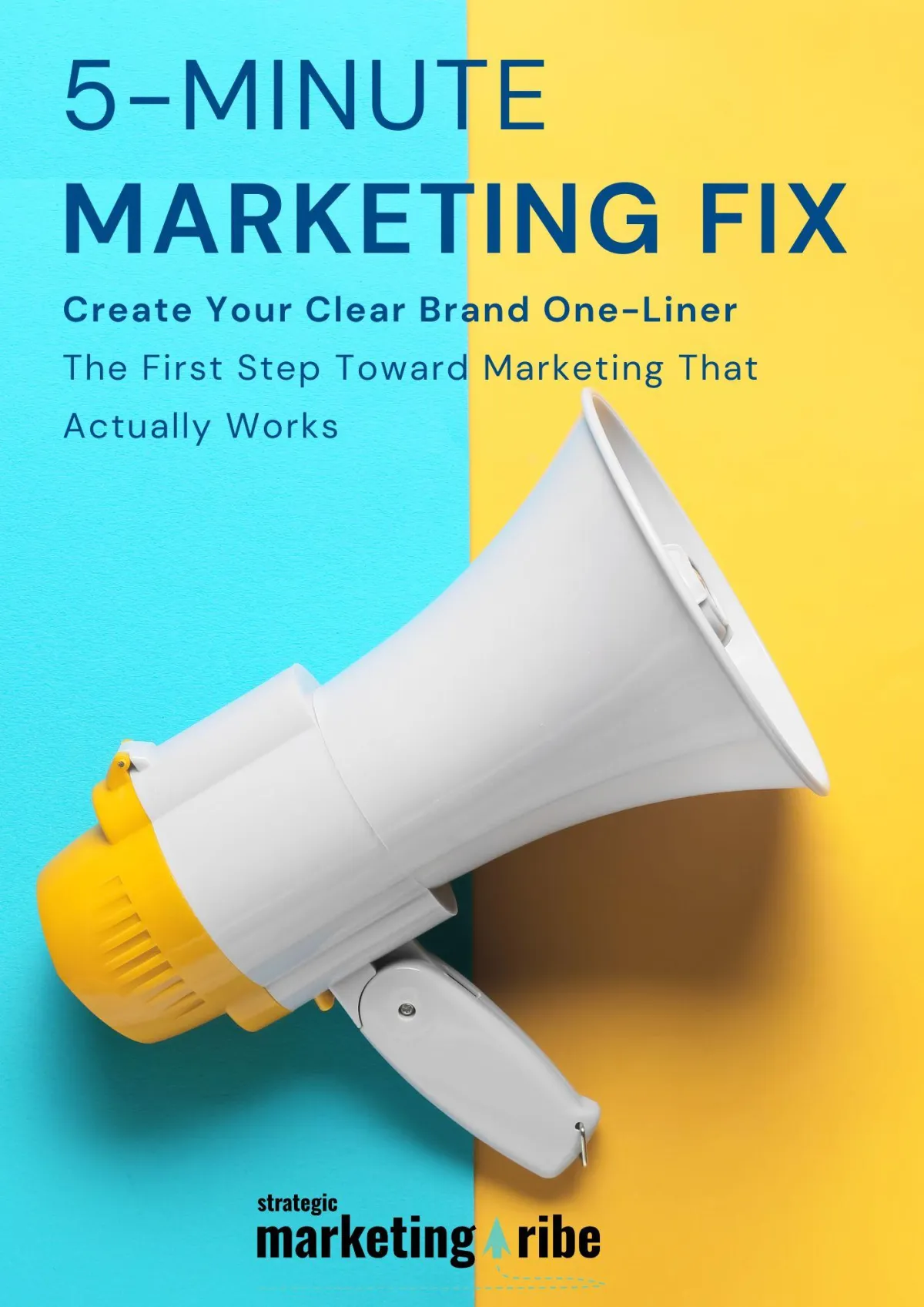
Created with clarity (and coffee)
